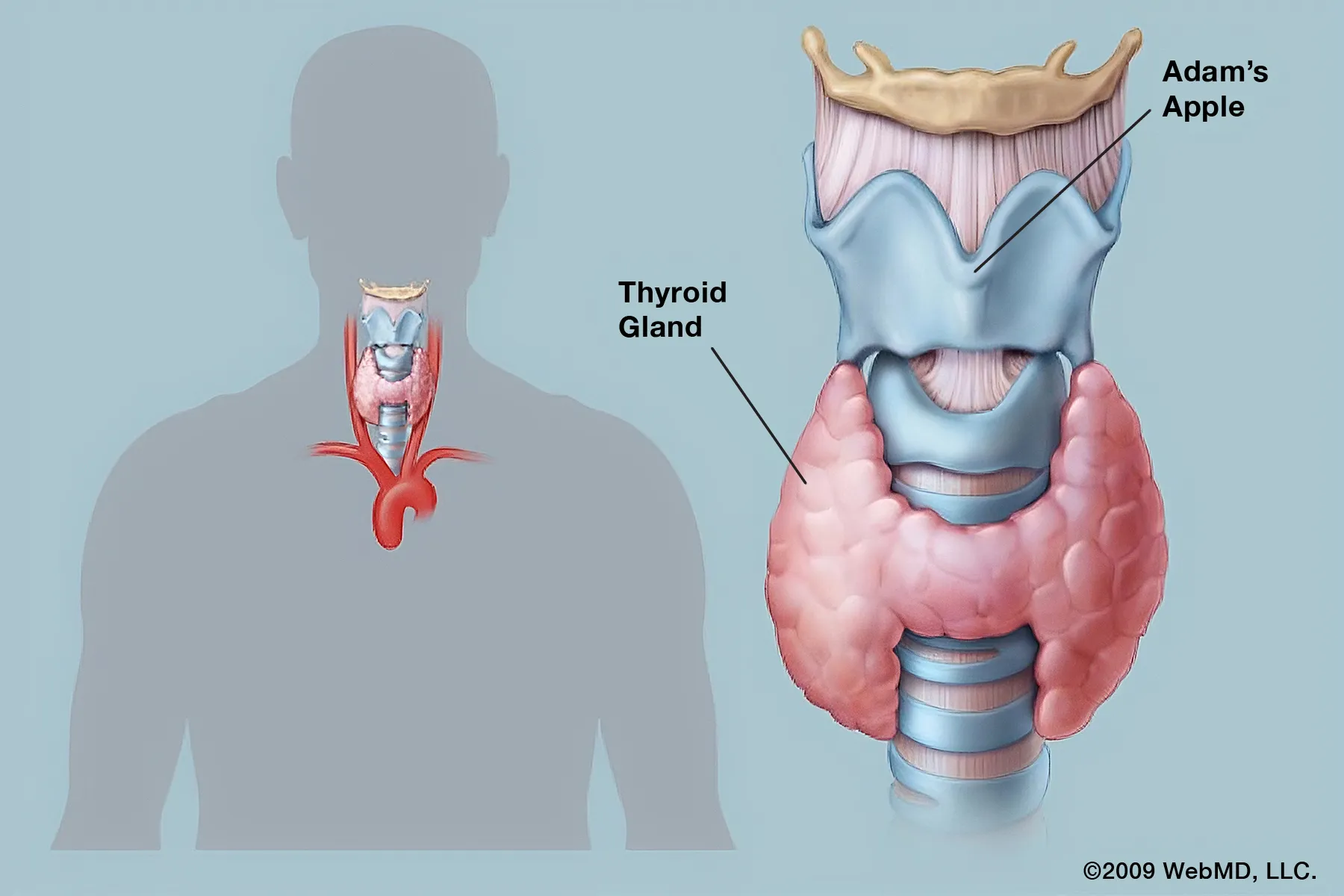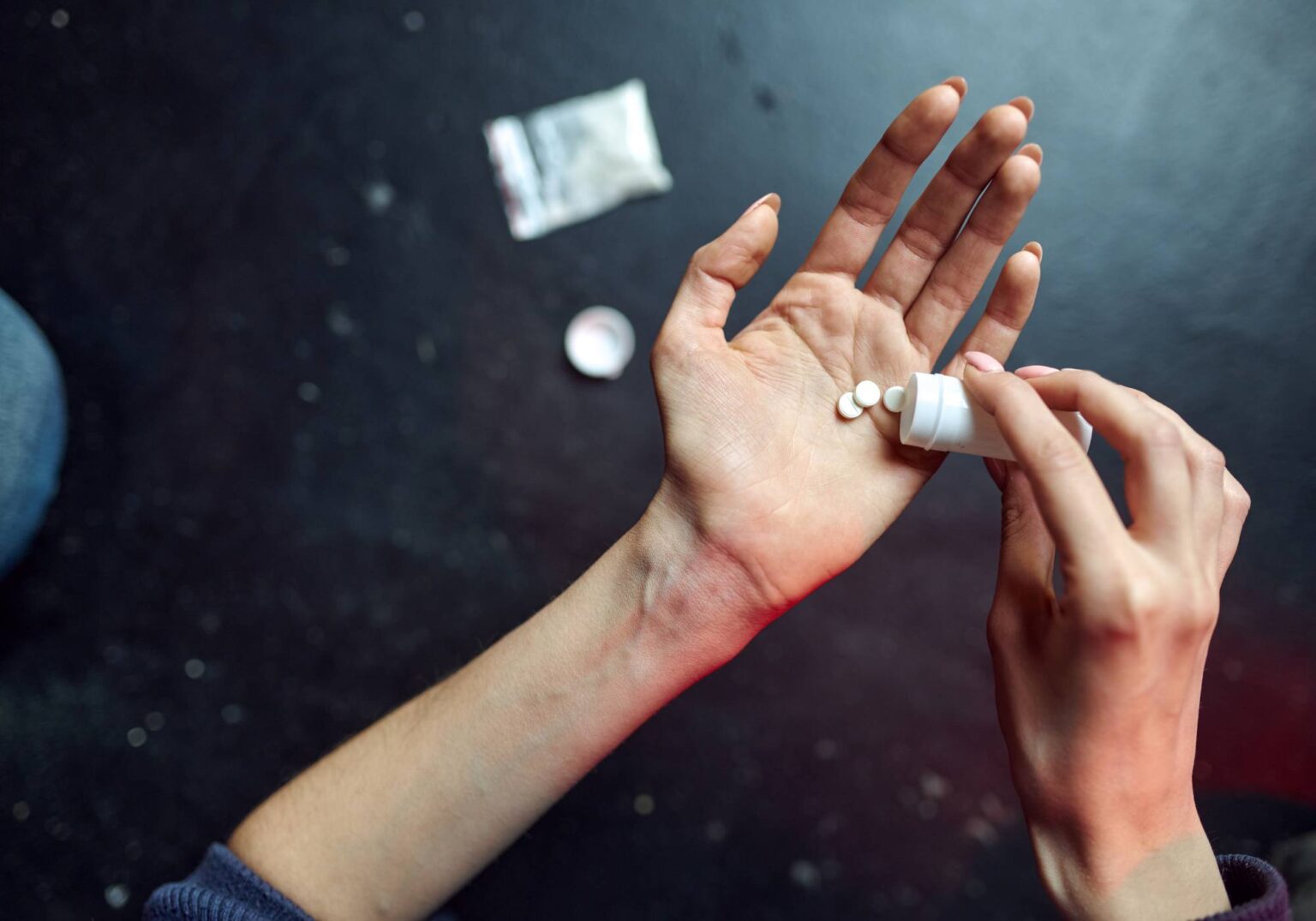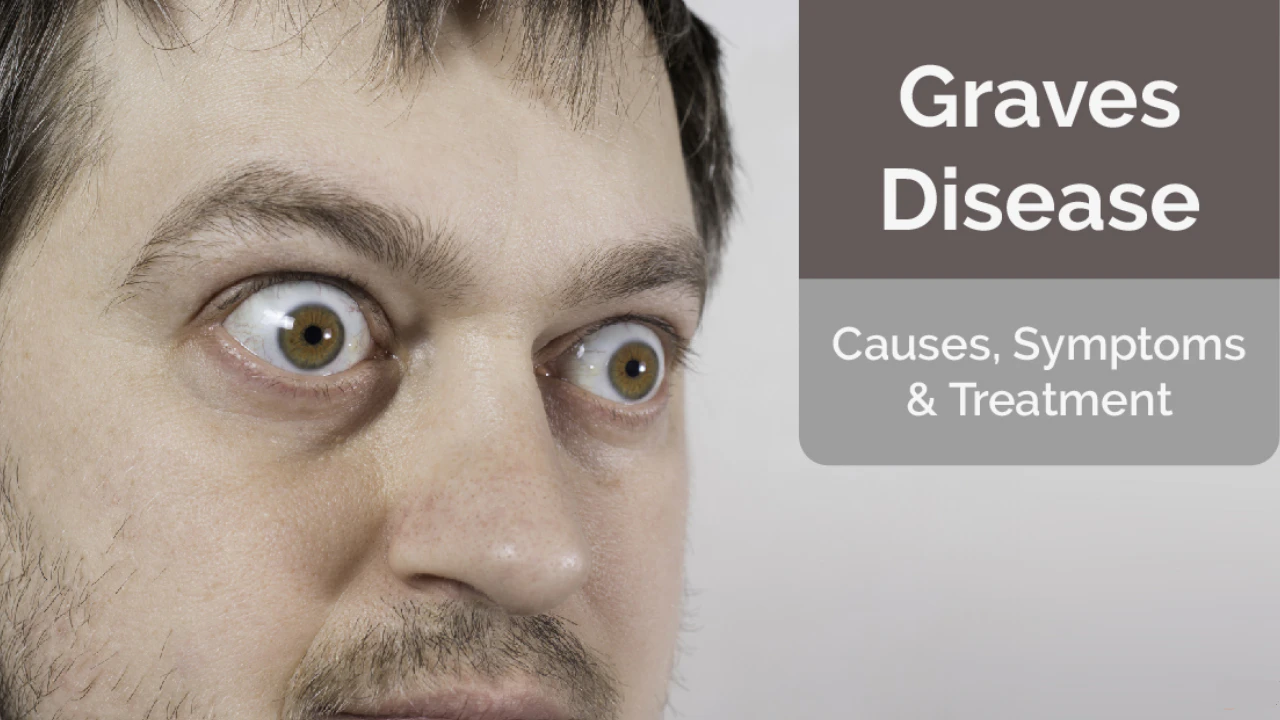When It All Unravels
Let’s skip the boring introductions. If you’re here, you probably know the basics: Graves’ disease means your thyroid goes into a crazed overdrive, and your body… well, it’s like someone replaced your batteries with turbo-charged lemons. But if you’re like me, what you really want to know is: what does it really do to your life? Not the stuffy medical printouts. But the stuff no one tells you until you’re knee-deep in the mess.
Picture this: You wake up. Before your feet even hit the floor, your heart is pounding. Not just thumping, but full-on sprinting. You haven’t even stood up yet and already, you need a nap. Sound familiar? For me, “Graves’ disease ruined my life” isn’t just a headline—it’s what played in my mind every morning for months.
:max_bytes(150000):strip_icc()/Doctor-Patient-Thyroid-GettyImages-1345288567-2000-4c6e6f60975140a2a81225fe53a8c465.jpg)
The Sneaky Beginnings
Did I Just Imagine That?
Here’s the thing—Graves’ disease doesn’t usually crash into your world with big, flashing warning signs. Nah, it creeps in quietly. First, there’s the tiredness you can’t shake. Like, bone-deep, unexplainable exhaustion. But oh… maybe it’s just a bad week? Maybe you need more sleep? That’s what I thought, too.
Then, the panic attacks start. The jitters. Crowds make you want to run. Your hands—are they shaking or is it just in your head? You notice you’re sweating but it’s not even hot. Meanwhile, you’re losing weight but eating like you’re prepping for a food contest.
What’s “Normal” Anyway?
| Your Old Self | Life with Graves’ |
|---|---|
| Energy for days | Exhausted after two flights of stairs |
| Steady hands | Tremors and scribbly handwriting |
| Chill in social settings | Panic. Heart racing. Anxiety everywhere |
By the time I figured out something was really wrong, simple things had become impossible. Cooking dinner? Forget it—I’d have toasted bread (maybe). Cleaning the house? My muscles burned after moving two plates. Even walking up the stairs felt like climbing a mountain with bricks tied to my ankles. Want a tiny exhale of relief? Turns out I’m not alone—Gemma was just 22 when she noticed her neck swelling and nearly collapsed from exhaustion. She thought she was too young, too healthy for anything serious… sound familiar? Her story was my story.
Life Comes to a Grinding Halt
What Do You Give Up?
“Graves’ disease ruined my life.” I used to toss that around jokingly. But then, I really lost things. First, it was work. Deadlines blurred into the background because my brain was fried. My usual gym sessions? Gone. Walking around the block? Too much. Friends stopped calling—actually, I stopped calling, if I’m honest. I didn’t have the energy or the words.
Let’s not skip over the ugly stuff: The mood swings made me unbearable. My partner? God, the patience. There were days I didn’t just want to cry—I wanted to scream at how unfair it all felt. Have you ever hidden in your car just to get away from the world? I have. So has Sarah, who thought she was just having a rough postpartum recovery until she found herself shaking in an ER, terrified her heart might burst out of her chest. And then came the eye symptoms—my own personal horror movie. Staring in the mirror, eyes wide, red, sometimes bulging… who was that person?

It’s Not “Just in Your Head”
A lot of people hear “hormonal disorder” and think you’re exaggerating. Like, “You just need to relax!” Uh, no. Sure, anxiety and mood swings are huge. But Graves’ shows up everywhere—your muscles, your bones, your skin. Sometimes, if you ignore it (not that you always get a choice), it can spiral into life-threatening stuff like “thyroid storm.” (Yeah. It’s as bad as it sounds. And it can literally kill you if untreated.) Research shows this disorder isn’t one to ignore.
Is it just me, or does it feel like you’re watching your old life disappear through a fogged-up window, and you can’t wipe the glass clear?
Trying Everything (And Failing. A Lot.)
Why Won’t Anything Work?
Here’s where I’d love to say, “Then I found the magic treatment and everything was great.” But… real talk? Nope. Not at first. I tried medication after medication: doses up, doses down, beta blockers, antithyroid drugs. Some folks get lucky and find the sweet spot. Me? My body laughed at my efforts. (I’m convinced somewhere in my DNA, there’s a prankster gene just for this.)
Remember Lauren? She fought for months just to get doctors to pay attention to her “weird” blood test. It can feel a little bit like you’re treading water while everyone else is cruising by on fancy yachts. And if the pills don’t stabilize your thyroid? You start to look at more permanent options—radioactive iodine, or the “big one”: surgery.
Wait, Does Anything Actually Help?
For some people, I cured my Graves’ disease isn’t just wishful thinking. Surgery, when it works, can mean getting your life back… with a twist. After doctors removed my thyroid, my world slowed down—but then came lifelong medication for hypothyroidism. Freedom, but not quite the old normal. Sometimes, the treatment’s side effects bring new battles (shout-out to post-surgery brain fog and persistent fatigue).
Oh, and let’s not forget the eyes. Thyroid eye disease is a trickster—some say treating the thyroid helps, but according to experts, sometimes the eye issues just… keep going. Mine flared up whenever stress spiked. (Side note: If anyone invents “anti-bulge sunglasses,” hit me up.)

Is There a Finish Line?
What Does Recovery Even Mean?
The honest answer? It means learning a new normal. Life after Graves’ disease looks different. You may swap one pill for another. You don’t get the high-octane energy back overnight. But… you do gain something. Awareness, maybe. A stubborn little flame that keeps you fighting.
Some days are good. Some days you want to throw your pill bottles at the wall. Most days, though, you just keep showing up. And slowly (so slowly), living shifts from “just surviving” to—dare I say it?—thriving. Weirdly, this mess taught me self-care. I started noticing tiny joys again. The first morning I woke up and didn’t feel nuclear-grade anxiety? I nearly cried. (Okay, I did cry.)
Life Expectancy and Hope
“Is all this struggle actually worth it? Will I still live a full life?” I found myself Googling life expectancy of someone with Graves’ disease at 2 a.m., desperate for answers. In truth, with regular treatment and a bit of stubbornness, your years ahead can be just as long, sometimes longer, than anyone else’s. But don’t take my word for it—check out stories from others walking this road. You aren’t alone in worrying (psychologically, that’s something most of us struggle with), but knowledge and community give a powerful kind of hope.
There are people—real, normal people—who felt every bit as defeated as I did. And somehow, one day, they woke up not dreading the day ahead. Perspective changed. Not just “I survived.” But “I’m living differently now.”
What Helped Me Turn the Page
Little Things, Big Difference
You want practical tips, not just “stay positive” nonsense? Okay. Here’s what made the biggest difference for me:
- Relentless self-advocacy: Don’t let dismissive doctors convince you it’s “all in your head.”
- Lean on community: Find a support group. Even a single friend who just listens—that can save your sanity.
- Know your triggers: For me, stress (even “good” stress) flared everything. After tracking my ups and downs, some triggers became crystal clear.
- Be honest with your people: Your loved ones can’t read your mind. Sometimes telling my spouse, “Hey, not my best day” was enough to avoid fights over nothing.
And don’t be afraid to ask questions: “Will I ever feel like myself?” “What if symptoms come back?” (Spoiler: Graves’ can relapse, so regular checks are key.) If you’re reading this and nodding, maybe today’s the day to book that appointment, or just reach out to someone and say, “I need support.”

Stories That Stick With You
You’re Not Alone—Really
Ever heard about that open letter to the husbands of Graves’ disease patients? It’s heart-wrenching, but also honest in a way most advice columns just aren’t. Turns out, partners and family feel the fallout, too. Sometimes marriages strain or break. Sometimes, in the fire, relationships strengthen. Either way? Your feelings—and theirs—matter. (You’re allowed to grieve the old “you.” Your people are, too.)
I found huge comfort in reading other people’s stories. Like the kid who was bullied after his eyes changed and who felt more isolated than ever. Or Sarah, who built up the courage to share her journey online because she was fed up with Graves’ being invisible. Who knows—maybe your story is next. Or maybe, you’ll decide to share once you finally get that first all-clear blood test.
Let’s Be Real (And Hopeful)
“Graves’ disease ruined my life.” Yep, that’s where I started. But here’s the plot twist no one warns you about: ruined isn’t forever. Life rebuilt with new boundaries and unexpected grit still counts as life. Actually—sometimes, it’s better than before. Sure, you’re carrying scars you never signed up for. But maybe you’re also carrying a sharper intuition, new empathy, and a fierce stubbornness you didn’t know you had.
The best advice I got? Don’t do this alone. Let yourself be angry, tired, numb—whatever the day demands. Just don’t get stuck there. Look for moments (even tiny ones) worth celebrating: a symptom improving, a walk around the block, a laugh that feels real. And if you’re wrestling with all the “what ifs” about your future, don’t be shy about searching for info like life expectancy of someone with Graves’ disease, or swapping stories with others who’ve found their own weirdly inspiring way forward.
Your (Messy, Amazing) Next Chapter
So, where do we go from here? Here’s what I learned: Losing your old self hurts. There’s no sugarcoating it. But slowly, with treatment, support, and more stubbornness than you thought possible, Graves’ disease becomes just one part of your story. It doesn’t get to write the whole book.
If you take anything from this ramble, let it be this: You are worthy of feeling better—and you’re not alone if you hate every step of the way there sometimes. One small action today—calling your doc, searching “I cured my Graves’ disease,” or telling a friend—counts. Comment below, share your own story, or just breathe easier knowing someone out here gets it.
You’ve got this. Maybe “ruined” is just the first act—and the next one is yours to write.


















Leave a Reply
You must be logged in to post a comment.